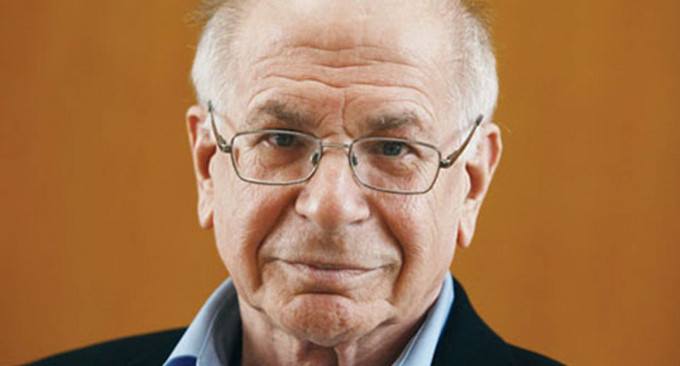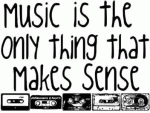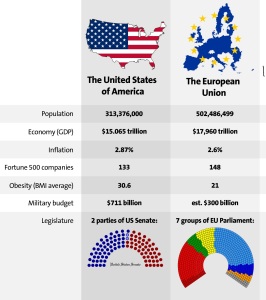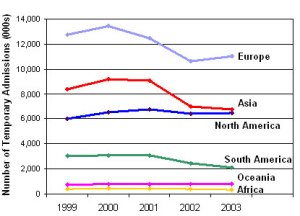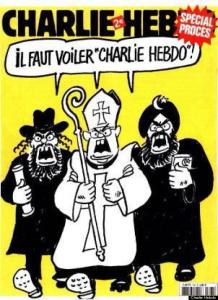In 1975, after 5 years of Law School (Leningrad State University), Vladimir Vladimirovich Putin submitted his thesis titled “The Most Favored Nation Trading Principle in International Law”. This thesis offered some knowledge about the mind of the future richest person alive in the richest period for humanity. His appeal to International and business Law reflected his understanding of what is the grasp of Power. With Sobchak as one of the role models, Putin´s education was set in motion, bringing forth a self-serving motivation in parallel to his conditioning becoming the world fearless ruler that we know today.
Putin gave the order to invade the sovereign state of Ukraine with the intention to annex it to the Great Russian Empire, known in the past as U.S.S.R. There are many aspects and possible reasons for this war but one that stands out: conditioning. Briefly, Putin was selected to the K.G.B. program already with a mindset of a great achiever with strong ideals. We know very little of what he went through in the training, but we can be sure that it was not how to promote world peace.
The existence of his life became clear, he must become a disrupter for the sake of ideal peace. There are many things wrong in this phrase that should provoke fear in any person that is facing this kind of person. First is the sensation of obligation, it is not about choice, not about free will, and certainly not about a global recognition, when feeling oblige can only be about preservation. Then there is the becoming. A notion of evolution and a place to evolve to is natural in any person but where to evolve to is a question that permits us to distinguish different types of people, when physical evolution means land expansion. This type of clear and primary sense of evolving might be the more basic one. It is much easier to see where we can evolve than to think it or even feel it. While in the last century, the West evolved all the way to a non-physical conception of a the World Wide Web and now even beyond with the MetaWorld (e.g. metaverse of Facebook and others), other countries are still repeating the instinct that followed us for hundreds of thousands of years. And yet, probably the word in the description above that provokes the most fear is disrupter, the breaking of the status quo. Loaded with ideals, the will to disrupt, can only lead to a conflict.
The difference between the concern about the security of a country or the survival of its people is precisely what makes a strong variation from the notion of a disruptor leader. There is no danger to Russia coming from the Ukrainian nation or people. Putin chose the moment carefully while preparing for it in a peaceful post imperial time for more than 8 years (that we know of for sure). A disruptor chooses the right moment to disrupt and not because of necessity. The problem with ideals is that from the moment they massify in a person, they become eternal. Hold steady with the glue of historical narration, they can only be maintained or released, and when released, the only outcome will be death.
Any details will shed more light on the mind of a disruptor, but the understanding of the motivation can urge leaders to act upon the only possible solution, united strong. The one million question is: was there a way to stop Putin from engaging this war and invade Ukraine with diplomacy? The answer is probably no. While there was not a threat to Russia by any means but the interior force that opposed Putin from within with other ideals such as democracy. Hence, probably the only path to appease the mind of Putin would have been by changing the interior narrative of the Russian people. If the people feel greatness as Russians and recognize their superiority vis a vis their neighbours, it will undermine the ideal of unison with the pretext of same people under the same roof and enhance the real reason of expansion, meaning, colonialism and territorial expansion from the core of the empire outwards. The history teaches us that it was the opposite, the Russian were born from Kiev which is why the aspiration of unison can only be from the banished son consumed with ideals of coming back home.
*The author has a master in Peace and Conflict Resolution and Human Rights Education
